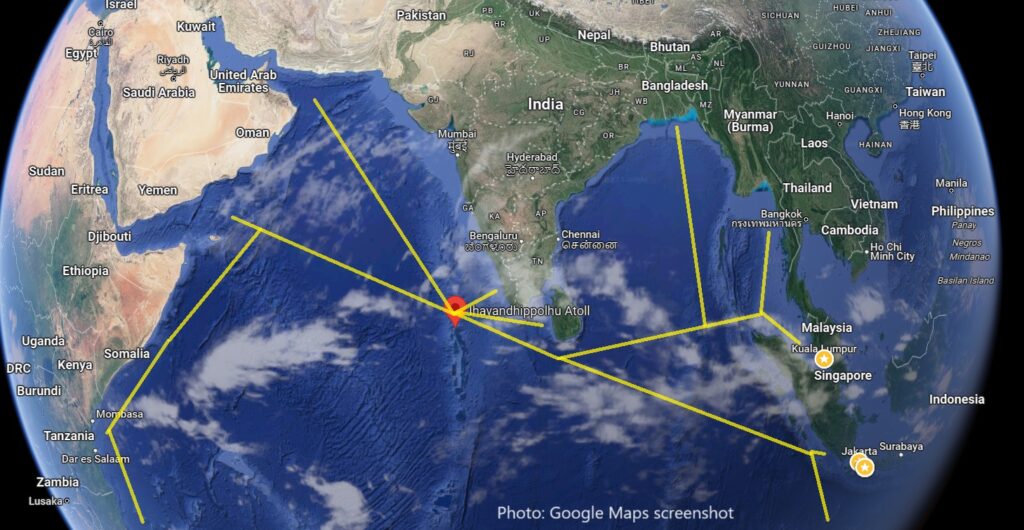Special Economic Zone (SEZ) Investment Reduced To $100Mn
In a move attract foreign megaprojects the President of Maldives Dr Mohamed Muizzu has reduced the minimum investment required for Special Economic Zone (SEZ) to $100Mn. The new president who sworn in last November pledged to drastic infrastructure projects which could only be possible with either foreign aid or collateral rised through investments. A source close to Maldives Resorts Org said Dr Muizzu is giving preference to the later. Earlier this month the government appointed 2 ministers of state for finance to make the administration robust as it continues to engage with foreign investors.
The government of Maldives is seeking investments in Special Economic Zone (SEZ) in 9 catogies.
1. Manufacturing for exports.
2. Transshipment port, international logistics, airport, bulk breaking, bunkering, docking.
3. University, tertiary hospital, specialty hospital, research and development (R&D).
4. Information and communication technology.
5. International finance services.
6. Renewable energy.
7. Introduction of new technologies to the Maldives.
8. Food security.
9. Gas exploration.
Maldives legalized SEZ in 2014, authorizing the president to decide investment sectors and scope.
AA Energy states that about 63 percent of the world’s oil production moves on sea routes as per U.S. Energy Information Administration. The oil route map shows the largest move takes places between Strait of Hormuz and Melacca. Maldives is located right on this route, ships pass by Thuraakunu island in Ihavandhippolhu atoll. The distance between Hormuz and Melacca is 5599 km or 15h 30m flight time.
The same location of Maldives is also used by vessels crossing between Bab El-Mandab and Melacca. This makes the Maldives place directly at the world’s busiest sea junction for oil trade.
Provision of bunkering service at this sea route may have business potential. Since Maldives is located in the middle of route there may be ships that want refueling if it becomes available. Refuelling at Maldives would enable small ships to carry more oil. Loading complete stock of oil may also be a viable business as it would shorten the route for small ships. Super tankers could transfer Saudi oil and store in Maldives where small vessels could purchase it at a short distance.
Transshipment port may also work similar to oil trade. Instead of oil it would be other forms of goods that get loaded and unloaded at the port in Maldives. A global distribution hub located on an existing shipping lane could mean faster arrival time of products to their destinations. For example, the items arriving from China could reach the Maldives transshipment port in bulk and then channel the items to different destinations such as Europe, Middle East, Africa, India, America.
The SEZ opportunities currently open for international businesses does not include hotel and tourism as it is already the most popular economic activity in the country. According to Maldives Finest it counts to more than 90% foreign currency generators in the economy that is almost entirely dependent on imports. Fishing is considered the second major industry that earns foreign currency. Other major economic activities involve domestic affairs such as trade, construction, farming etc. The Maldives does not produce any oil, it is entirely imported into the country. Small scale farming takes place in many tiny islands. However it is very little and more than 80% of vegetables and fruits are imported.

